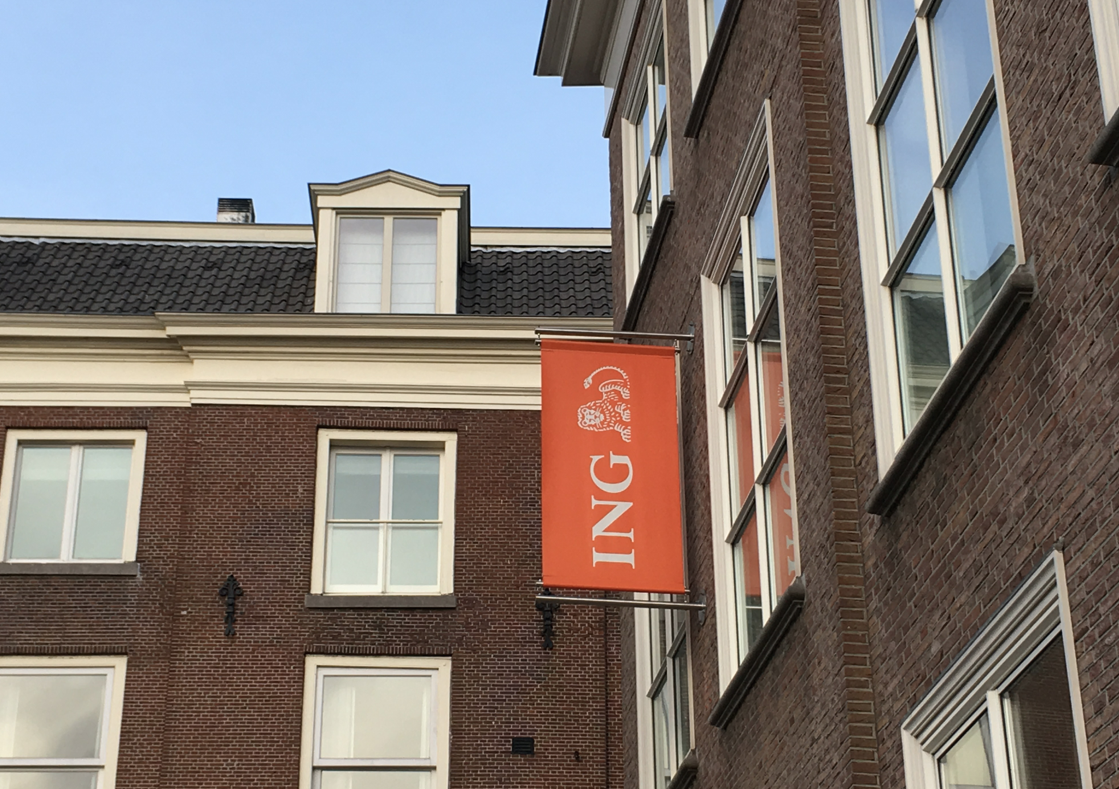ING apologises for discriminatory impact of anti-fraud checks

ING bank has apologised to customers for the way it asks questions during money laundering and terrorism financing checks, saying that discrimination is unacceptable.
Last May, the finance ministry published research showing that young people and those with ethnic minority backgrounds are more likely to experience discrimination at the hand of banks. In total, one in 10 people said they had experienced discrimination in their contact with financial institutions.
In particular, the “exaggerated” number of questions customers are asked about certain payments is perceived as discriminatory, the finance ministry said, with people questioning why their bank needs so much information.
While the questioning is necessary to “safeguard the financial system”, the bank’s own research has made it clear that its methods have contributed to the problem, chief executive Peter Jacobs said in an open letter to clients.
“This is something for which I offer my sincere apologies,” he said. “We have already taken concrete steps to significantly improve these procedures. We will continue to monitor this closely and work to make further progress.”
The measures include asking fewer questions, improving communication, and adapting services for social and religious organisations, the bank said. For example, the bank had previously overlooked cultural customs, such as the use of cash during religious holidays.
One respondent in the finance ministry survey said they had been asked how long they had lived in the Netherlands and what neighbourhood they lived in. Another respondent said his Russian wife had been questioned about her “relationship” with a supermarket and whether she could prove she had been buying groceries.
Discrimination
In July 2024, human rights monitor College voor de Rechten van de Mens found ING bank guilty of discrimination for authorising extra checks on two clients based on their foreign last names.
Banks are legally required to check whether transfers over €15,000 are linked to money laundering or terrorism. The agency said that in the two cases brought by clients, the bank was guilty of “illegal differentiation”.
One of the claimants, Jalal Et-Talabi, had a transfer of just €100 blocked because of the Arabic name of the recipient. In the case of Anne Busser-Mohamed, payments were blocked because her husband has a foreign name.
“The college found that this predominantly happens when account holders are of non-Dutch extraction,” the verdict said.
Thank you for donating to DutchNews.nl.
We could not provide the Dutch News service, and keep it free of charge, without the generous support of our readers. Your donations allow us to report on issues you tell us matter, and provide you with a summary of the most important Dutch news each day.
Make a donation